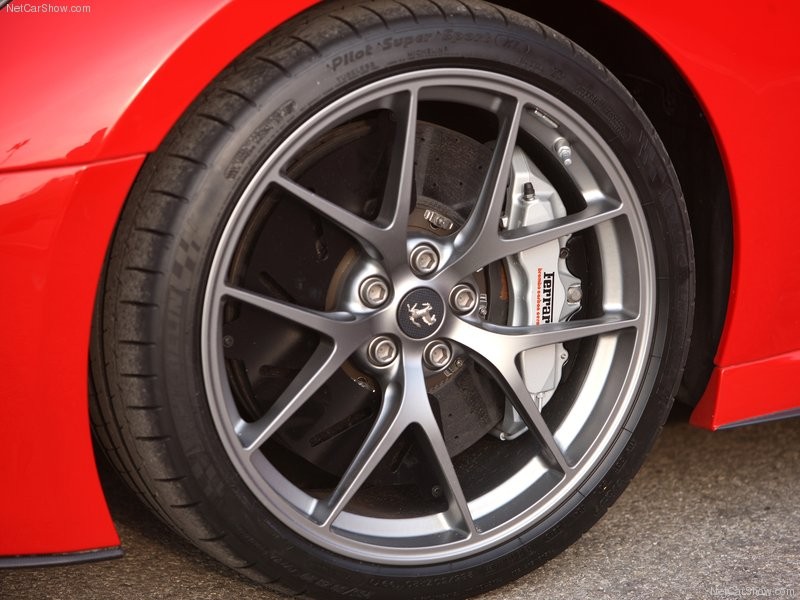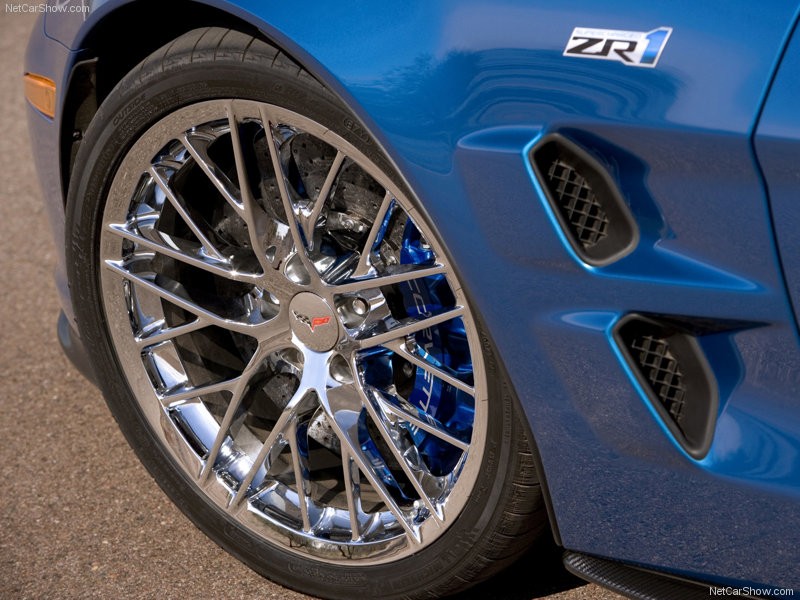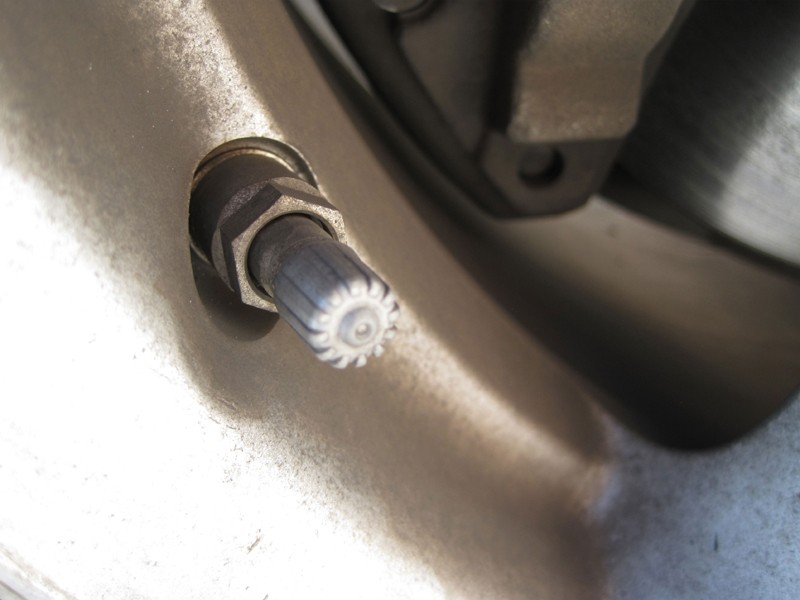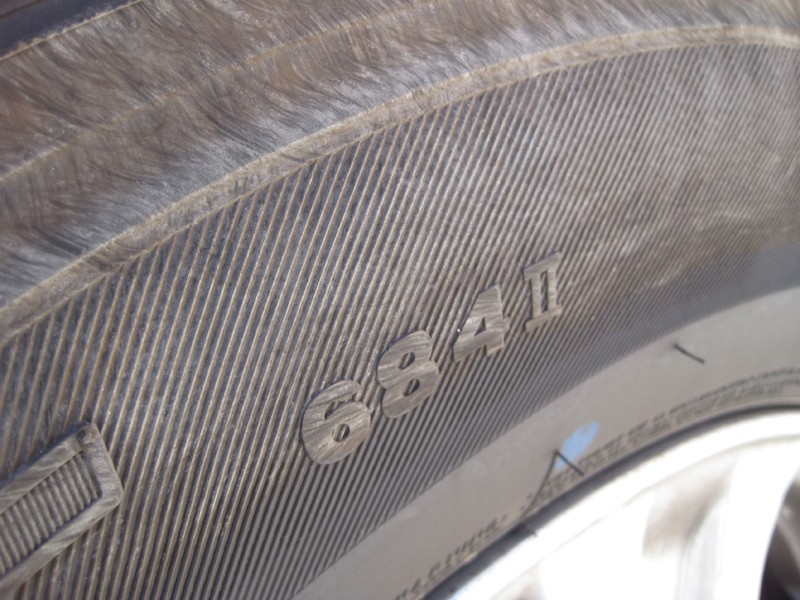-
McKee's 37 Product Support
How To: Properly Clean, Protect, & Maintain Wheels & Tires
"How do I clean and protect my wheels and tires?" - One of the most frequently asked questions when it comes to car care. The options are endless, the tools are diverse, and there is a wide assortment of products available. So, how do you know what products to use for your wheels and tires, what tools work best for your wheels, and do you even need a dedicated wheel cleaner?
All of those questions, and more, will be answered in this thread. 
There are various types of wheels on the market today, here is a quick overview of each wheel type.
Polished Aluminum: The name implies it all. Bare aluminum polished to a high shine. Avoid acidic wheel cleaners with this type of finish because they will react negatively with the metal causing a "frosting" on the surface.
Clear Coated Polished Aluminum: Essentially a polished aluminum wheel with clear coat for added protection. This is the most common wheel type found on most new cars from the factory. Avoid acidic wheel cleaners that will cause clear coat failure over time, resulting in a damaged wheel that will inevitably need to be refinished.
Clear Coated Painted: This finish is another popular type for factory wheels. It's a painted steel or aluminum wheel with a clear coat. Just like the other wheel types, avoid acidic wheel cleaners that will eat through the clear coat and cause damage to the painted finish.
Powder Coated: More popular in Europe than in the states, powder coating is applied electro statically and the use of heat allows it to cure. This is the most durable finish for a wheel and only requires a mild wheel cleaner or just soap and water to clean.
Chrome: If you've ever seen a brilliant shine on a wheel with a mirror like finish, you were looking at chrome. Although chrome wheels look great when clean, they are very hard to maintain and keep looking new. Chrome is easily damaged by brake dust and road debris. Use a very mild wheel cleaner that's pH balanced and non-acidic.
**Most higher end sports cars now come with the option of Carbon Ceramic Brakes. These brakes usually run in the neighborhood of $10,000 to $20,000 - no kidding - so take every precaution necessary when cleaning the wheels on such a vehicle. If you're not sure, Pinnacle's Clear Coat Safe Wheel Cleaner is safe on all wheel finishes and even the most delicate brake set ups.**
Here at Autogeek we take pride in testing each and every product that we carry to determine whether or not it means our strict quality standards prior to making it available to you, the consumer. You should always follow the manufacturer's guidelines when trying to determine which wheel cleaner is the best choice for your application.
For this demonstration, I will be cleaning & protecting a clear coated aluminum wheel, the most popular wheel finish on today's factory equipped vehicles. This wheel in particular has not been properly cleaned in well over 6 months, so you can clearly see the build up of brake dust.
Here are some of the more popular wheel cleaners that are all pH balanced, non-acidic, and safe for any wheel finish. Some work differently than others, but they all get the job done and make cleaning dirty wheels much easier.
Prior to cleaning any wheel, make sure that the surface is cool to the touch. Some wheel cleaners require the wheel being wet prior to spraying on the product. For safe cleaning, it is critical to follow the manufacturer's guidelines.
-
Post Thanks / Like - 1 Thanks, 0 Likes, 0 Dislikes
 Muser
Muser thanked for this post












 Thanks:
Thanks:  Likes:
Likes:  Dislikes:
Dislikes: 













 Reply With Quote
Reply With Quote
Bookmarks